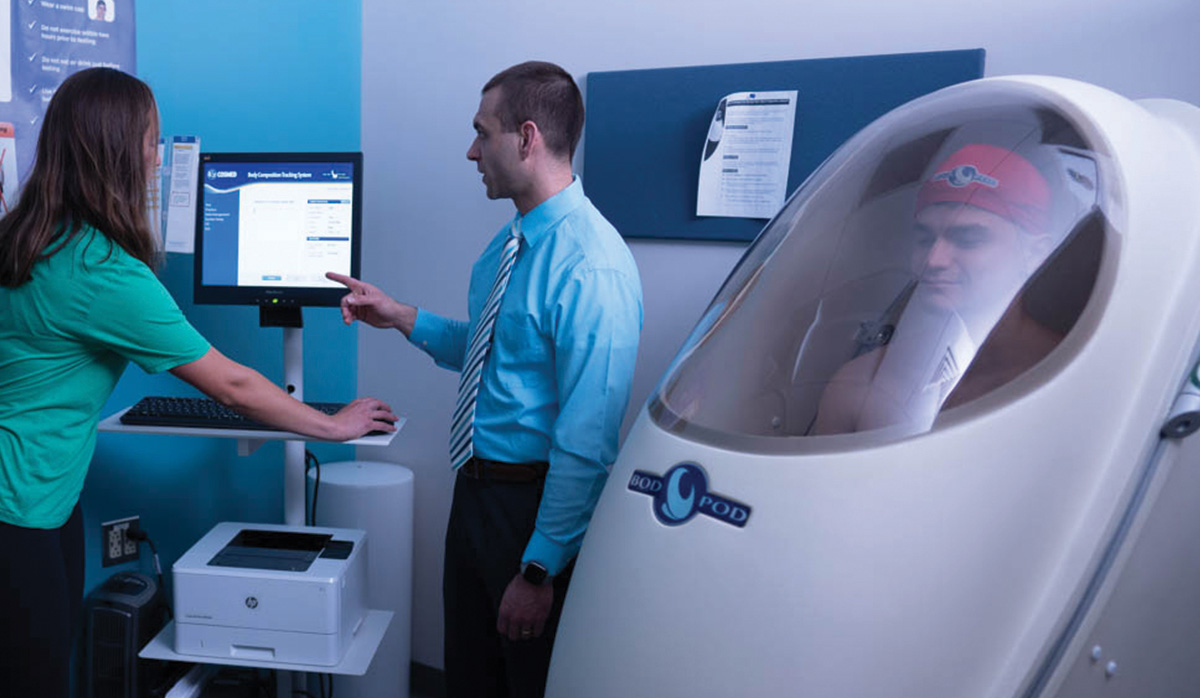Current
A Look Back
100 years of nutrition education at UNH

Cooking lab in Thompson Hall, April 1921.
PHOTO COURTESY OF UNH SPECIAL COLLECTIONS
1893
Ellen Swallow Richards, credited as the national founder of the fields of home economics and nutrition, teaches the first course at the New Hampshire College of Agriculture and the Mechanic Arts (now UNH) to integrate fields of chemistry, management, nutrition and economics.
1919
Dietetics is added as a formal track at UNH. The following year, the U.S. government establishes professional regulations for dietitians and creates a pathway for dietitians to earn military status and help ensure soldiers are fed a proper diet.
1970
Kendall Hall opens as a cutting-edge facility with modern equipment (an ultracentrifuge, an electron microscope and an amino acid analyzer) as well as labs and classrooms. The first general education course in nutrition is titled Animal Crackers. The popular course would be renamed Food & People — better known as “Foods and Dudes” — and was taught for the next two decades before it was updated to the current Nutrition in Health and Well Being class.
1983
The nutrition major is established and joins the Department of Animal Sciences (it will join the Department of Agriculture, Nutrition and Food Systems in 2017).

The BOD POD is part of biometric measuring practices in the Nutrition Assessment and Teaching Lab, part of the College of Life Sciences and Agriculture’s nutrition major.
PHOTO BY JEREMY GASOWSKI
2010
A wellness option is added to the nutrition bachelor’s degree, providing three curricular tracks, along with dietetics and nutritional sciences options.
2019
The culinary nutrition and food studies minor is launched, integrating food skills preparation and appreciation of the food environment as it applies to human health.
2024
Today, the program boasts more than 1,600 graduates, and classes such as Nutritional Epidemiology, From Seed to Sea: Examining Sustainable Food Systems and Mediterranean Diet and Culture. Facilities include a clinical simulation lab, a professional teaching kitchen and a biometric measurement system in the Nutrition Assessment and Teaching Lab.
— THRIVE Magazine, College of Life Sciences and Agriculture